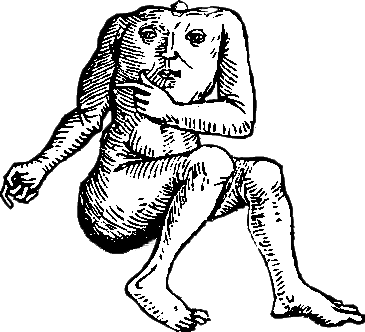Deeper into Literary Publishing
When I first broached the subject of literary publishing in the United States via Merchants of Culture by John Thompson (Penguin Random House), I accepted the premise outlined by Thompson and focused on the growth of retail outlets and chains, the rise of literary agents, the digital revolution, as well as the corporatization of publishing. But publishing did not start yesterday, and this snapshot of the field failed to note some of the longstanding undercurrents and foundational battles that laid the groundwork for the moment described.
Publishing in the US had suddenly evolved into an industry of huge conglomerates. The Germans especially entered the field with an eye on genre-based books with an assured market, avoiding anything “marginal”—the radical, the controversial, or stylistically original—and pouring money into backing established writers whose sales were guaranteed, while taking a portion of blockbuster profits to produce a few quality books, poorly advertised, as a kind of sop to culture. It became harder and harder for smaller houses, including Grove, to compete. This represented a different kind of censorship, one based on money, more than the censorship and repression of the so-called obscene. Most outstanding writers, and still more second-rate writers, entered academia. Even the craft of writing had become industrialized.
So writes Barney Rosset, the former owner of Grove Press and editor-in-chief of Evergreen Review, in his autobiography Rosset: My Life in Publishing and How I Fought Censorship (OR Books). Publishing is an ever-evolving field, as much susceptible to a passing trend or the politics of the day as any industry. In Rosset, we find a publishing house that has jumped right into the middle of the cultural upheaval that marked the United States through much of the 50s, 60s, and 70s. If you leave with little else from the autobiography, let it be this:
Richard Gallen, our lawyer for Grove, once said, “Barney’s business was always on a precipice […] In terms of drama, European literature, avant-garde literature, sexually provocative literature—there was no on doing it in America. No one.”
Perhaps his statement was too sweeping, but there were people like Laughlin, who in publishing Henry Miller left out Tropic of Cancer, or Alfred Knopf, who took on D.H. Lawrence’s Lady Chatterley’s Lover but suppressed a crucial chapter. Those things were not being published in this country because of threatened and actual arrests, just as The Autobiography of Malcolm X was almost kept from publication because of Doubleday’s fears. I never let any of that stop me.
A reader should take away this along with the incredible list of authors Grove introduced to the US reading public and/or kept in print and readily available (including the likes of Samuel Beckett, Marguerite Duras, Jean Genet, Kenzaburô Ôe, Kathy Acker, amongst many others). Now while Rosset gilds the lily of a life that doesn’t require more “ornament,” the account offers another insight into publishing in the US in the twentieth century, particularly the role of some publishers in fighting censorship (or in supporting it when it didn’t work in their interest, read: financial interests).
Samuel Beckett and Barney Rosset, 1970s. Photo Credit: Bob Adelman
Rosset’s account raises many critical issues, most significantly the various forces influencing what and who is being published as well as what programs or publishing houses are receiving money and how governments invest in culture (and where and when they do not).
In a recent newsletter from the Senior Director of Publishing at Kickstarter, Margot Atwell begins to analyze the source and power of money in publishing and her insights amplify many of Rosset’s own concerns, where one does not need to be censored by a government to be banned from bookstores and libraries but instead ousted (or never welcome in) through steady disinvestment. “[W]e’ll see our most generative industries and most creative minds starved into oblivion” (from Ch 2: Pondering public funding: Thoughts from the London Book Fair). (Does that ring a bell, reflecting so many other sectors and facets of the world today?)
Still hardly more than ankle-deep into publishing and its wide & varied histories, I have spotted patterns that have have revealed themselves stark and damning. Theoretically, one would hope to find the creative fields pure, a perfect meritocracy, but it is as much of a hodgepodge as the rest of world, filled with as many propagandists, crusaders, and the power-hungry as it is with the artists, aficionados, and admirers—sometimes a number of these in a single individual. Today, citizens of the world must be thoughtful, critical readers not just of literature but also of the powerful and of the institutions from which they yield their power.
Additional reading:


